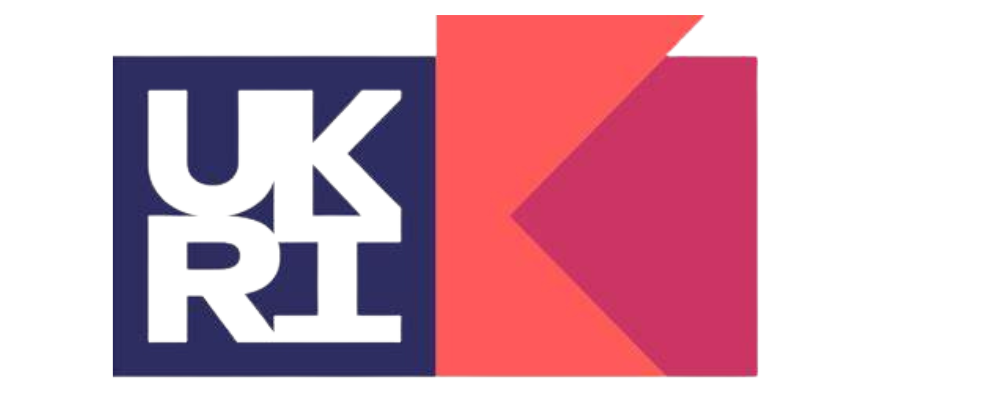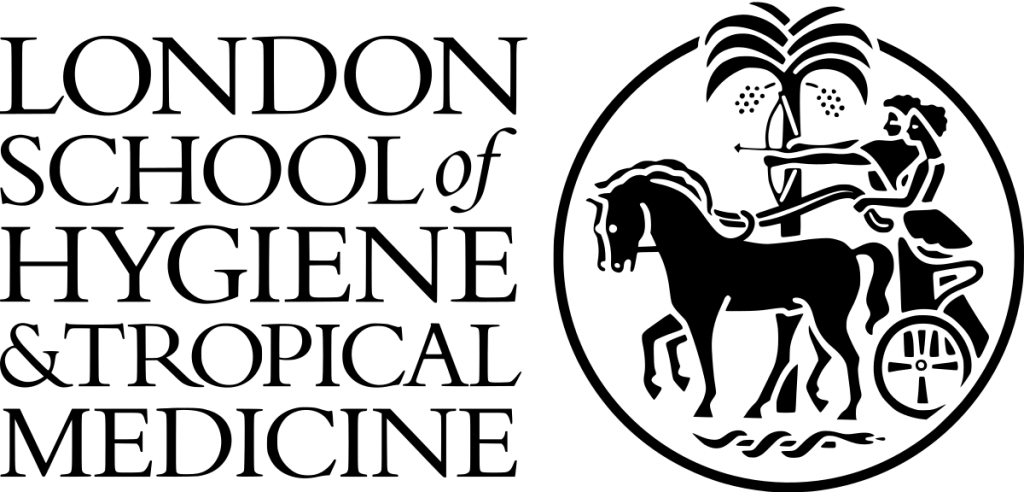Educational Neuroscience
Pathway Leader:
Jo Van Herwengen j.vanherwegen@ucl.ac.uk
Team Members:
Michael Thomas m.thomas@bbk.ac.uk
Sam Wass S.V.Wass@uel.ac.uk
Prospective candidates can contact the pathway leader or team members for further information.
Training Routes
See table below for training routes and institutions available for this pathway.
ESRC studentships at the UBEL DTP are structured around the following routes: 1+3, +3, 2+3 and +4 funding. Please note that not all routes are available in all institutions or pathways. Click here for further information on funding routes.
| Pathway | Institution | Training Route | (1+3) | (2+3) | (+3) | (+4) |
| Educational Neuroscience | UCL/Birkbeck/UEL | Educational Neuroscience in early years | x | x | ||
| Educational Neuroscience | UCL/Birkbeck/UEL | Educational Neuroscience in SEN | x | x | ||
| Educational Neuroscience | UCL/Birkbeck/UEL | Educational Neuroscience and improving outcomes | x | x | ||
| Educational Neuroscience | UCL/Birkbeck/UEL | Educational Neuroscience in global poverty | x | x | ||
| Educational Neuroscience | UCL/Birkbeck/UEL | Educational Neuroscience in eductaional technologies | x | x | ||
| Educational Neuroscience | UCL/Birkbeck/UEL | Educational Neuroscience and health | x | x | ||
| Educational Neuroscience | UCL/Birkbeck/UEL | Educational Neuroscience and Longitudinal studies | x | x |
This new UBEL pathway includes researchers from three institutions, including one pocket of excellence at UEL. Drawing on psychology, machine learning and education it generates research about how learning happens to understand the effects of education on the brain and includes input from wider disciplines, such as architecture, genetics and health. It links with other UBEL pathways and the health, resilience, well-being and welfare group. It aligns with ESRC priority areas in digital society; health and social care; and understanding behaviour. Educational neuroscience uses many research methods and data skills, from working with survey and experimental data, eye tracking, neuroscience, but also data from machine learning and computational modelling (EEG, MRI, NIRS) which require specific specialist training and advanced quantitative methods.
The partners have state-of the art research facilities including: BabyLab (Centre for Brain and Cognitive Development); toddler lab; dedicated MRI scanner; transcranial brain stimulation; EEG recording of brain activity; near-infrared spectroscopy; psychophysiological recordings; and transcranial Doppler lab. The pathway also has a high profile with policy makers in the UK and globally (eg with UNESCO and the World Bank).







